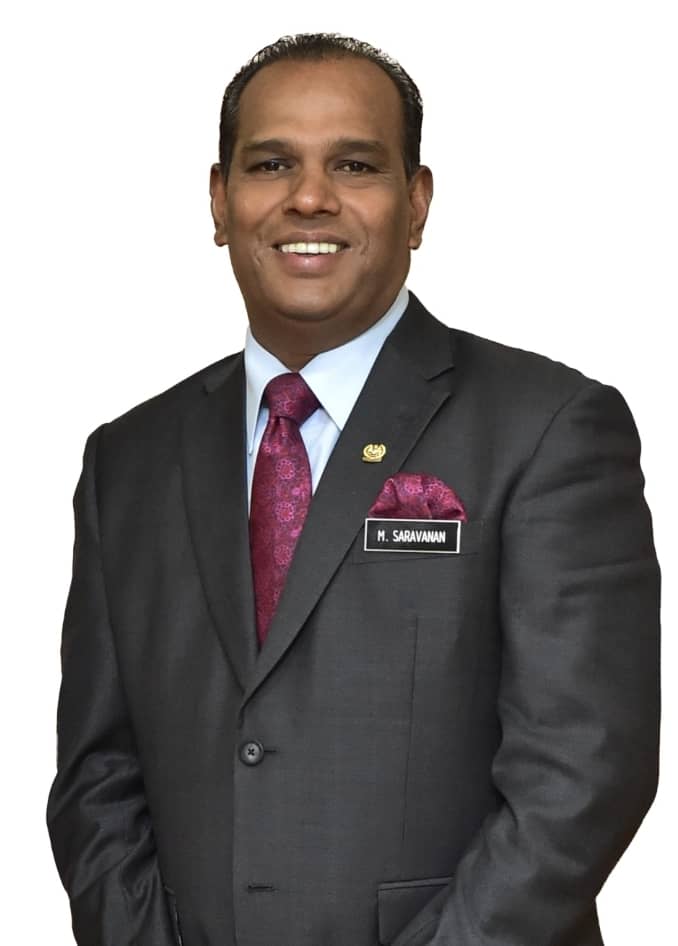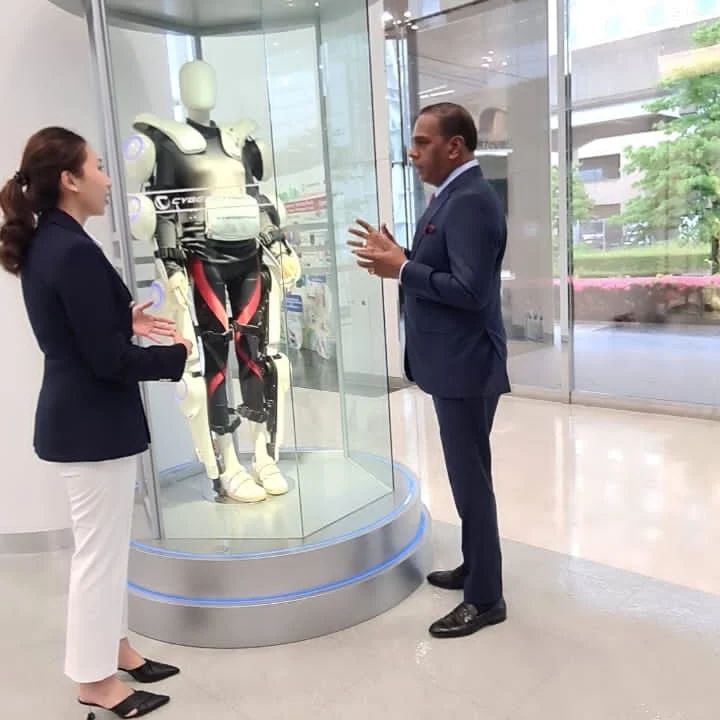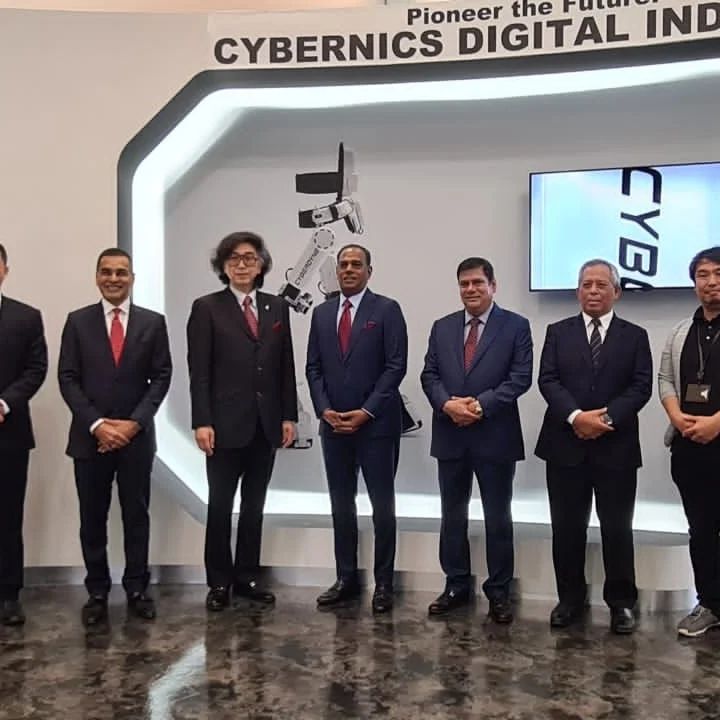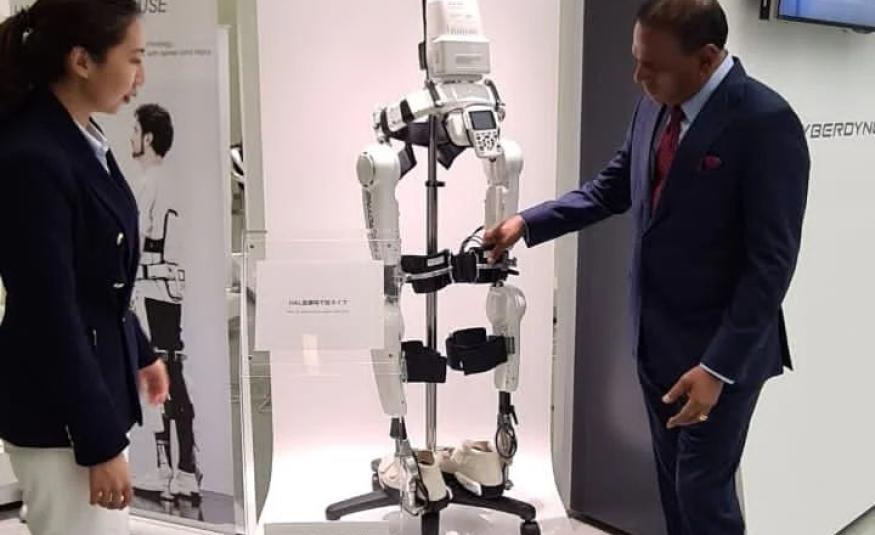As the digital economy grows, Malaysians must be prepared to choose jobs that will be in demand in the future. It is an undeniable fact that many jobs of today will be automated tomorrow.
In an era marked by rapid advances in automation and artificial intelligence (AI), jobs will be very different in the next few decades. Emerging technologies and decade-defining problems will create job titles that you have never seen before.
In this regard, medical tourism is a robust industry which is tightly related to other sectors such as travel and tourism, wellness and information, communication and technology.
This morning, the Human Resources Minister Datuk Seri M.Saravanan visited the Cyberdyne Studio in Ibaraki Prefecture, Japan which has the most advanced robotic technologies. Robot Suit HAL (Hybrid Assistive Limb), is the world's first cyborg robot related to recovery and rehabilitation.
The robot suit improves, supports and enhances the wearer’s limb mobility via cybernics technology that combines interactions between man, machine and information.
In his facebook posting, the minister said the Social Security Organisation’s (SOCSO) rehabilitation centre to be build in Perak will be equipped with the latest robotics technology of international standards.
The robot suit which can restore, support and improve the level of movement function of the patient’s limbs when worn, based on cybernics technology that combines the interaction between humans and robots.
Malaysia is the fourth country in the world and the first in the Asean region to offer such a treatment.

According to research presented by the World Economic Forum, over the next ten years, 1.2 billion employees worldwide will be affected by the adaptation of automation technologies and AI.
Most of the jobs of today will not just disappear. Instead, many of them will likely evolve to match an automated or digital world. Beyond AI and automation though, new opportunities in fields like space tourism, drone technologies, social media, 3D printing, and IoT opportunities will emerge for those interested in these fields.
The changing realities of the world of work are affecting different countries differently and we are witnessing the meaning of work being defined in ways that were unknown before.
Technological innovation not only benefits corporate performances, but also may potentially generate significant improvements to all people who work.
This is because physical restrictions for work locations will disappear, and many jobs will be doable at any time and any place.
The Human Resources Minister Datuk Seri M.Saravanan remains committed to the creation of futuristic jobs and Malaysia is moving forward that.
In 2035, Japan is predicted to have a population of 112 million, decreasing from the current 127 million, while the world population is expected to increase from 7.3 billion to 8.5 billion.
From long working hours to strict hierarchy, there are many ways Japanese work culture differs from how we do things here.


In this regard, Malaysia and Japan are committed to work together to further improve and enhance skills set of the Malaysian workforce in various sectors for the near future.
Human Resources Minister Datuk Seri M. Saravanan has said both countries will focus on multiple areas including research on employee welfare, upskilling, cross-skilling and reskilling training programs.
With these features, training programmes will utilise the latest technology and prepare the Malaysian workforce for more futuristic jobs in various sectors.
The minister’s working visit to Japan is indeed an eye opener to both countries to work closely together in addressing issues of common interest. Students must possess the right skills to value-add, creative, empathetic and interactive in a technology-driven job landscape.
Are the young people of Malaysia ready for the massive revolution? How are young people innovating in robotics? – DagangNews.com










